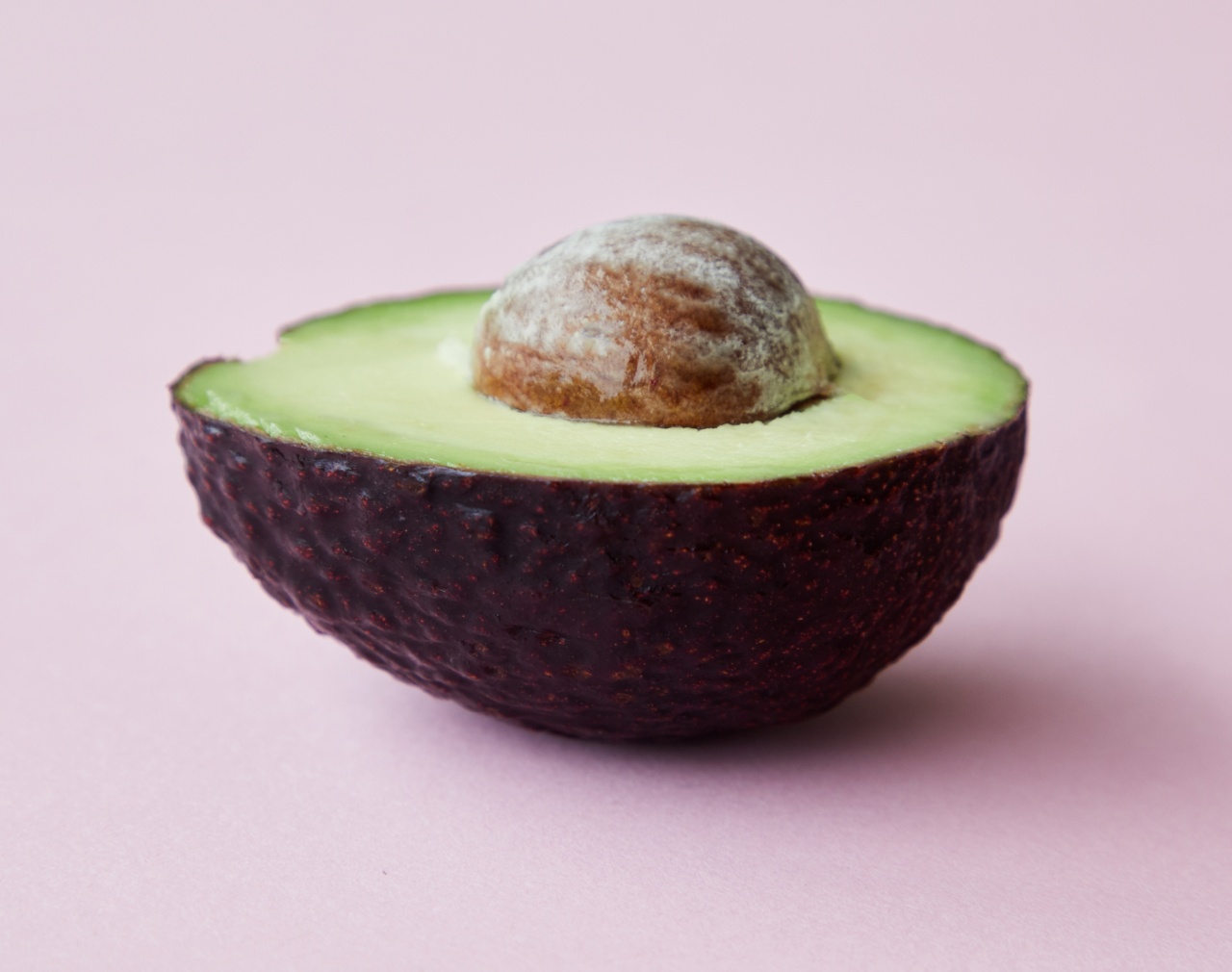Going vegan is not just a trend, it is a lifestyle choice that has profound effects not only on our personal health, but also on the environment. A vegan diet can be incredibly nourishing and help reduce our carbon footprint.
This article will explore the benefits of a sustainable and nourishing vegan diet.
Better for the Environment
The industrialized meat industry has a significant impact on the environment, emitting large quantities of greenhouse gases and contributing to deforestation.
By choosing a vegan diet, we can reduce the demand for animal products and decrease the environmental impact that comes with it.
For example, producing one pound of beef requires 1,847 gallons of water and results in 21.36 kilograms of CO2 emissions. Conversely, producing one pound of tofu results in 244 gallons of water and 2.07 kilograms of CO2 emissions.
This shows that it takes a lot less resources to produce plant-based protein compared to animal protein.
Health Benefits
A vegan diet can also have numerous health benefits, such as lower levels of cholesterol and blood pressure, improved digestion, and reduced risk of chronic diseases such as heart disease, diabetes, and cancer.
A well-planned vegan diet can provide all the necessary nutrients, including protein, iron, calcium, and omega-3 fatty acids, through a variety of plant-based foods.
Some vegan sources of protein include beans, lentils, chickpeas, tofu, tempeh, and nuts. Leafy greens, such as spinach and kale, are great sources of iron. Calcium can be found in fortified plant milks and leafy greens, such as kale and broccoli.
Omega-3 fatty acids can be found in chia seeds, flaxseeds, and walnuts.
Meat and Dairy Alternatives
One reason people may hesitate to make the switch to a vegan diet is the perceived lack of variety. However, there are numerous meat and dairy alternatives on the market that can help make the transition easier.
These include plant-based meats, such as Beyond Meat and Impossible Foods, as well as dairy-free milks, such as almond, soy, and oat milk.
It is important to note that some processed vegan foods can be high in saturated fat and sodium. As with any diet, it is important to prioritize whole, unprocessed foods and limit processed foods.
Eating Seasonally and Locally
Eating seasonally and locally can also be an important aspect of a sustainable and nourishing vegan diet.
By choosing fruits and vegetables that are in season and grown close to home, we can reduce the environmental impact of transportation and support local farmers.
Additionally, eating seasonally and locally can also improve the taste and quality of our food. Fresh, locally-grown produce can be incredibly flavorful and nutrient-dense.
Making the Switch
Making the switch to a vegan diet can be a gradual process. It is important to prioritize variety and include a variety of whole, plant-based foods.
Consulting with a registered dietitian can also be helpful in ensuring that all necessary nutrients are being met.
Additionally, finding vegan-friendly restaurants and recipes can help make the transition easier. There are numerous online resources, such as vegan blogs and cookbooks, that offer delicious and nutritious vegan recipes.
The Bottom Line
A sustainable and nourishing vegan diet can have numerous benefits for both our own health and the environment.
By prioritizing whole, plant-based foods and incorporating meat and dairy alternatives, we can make the switch to a vegan diet while still enjoying a variety of delicious and nutritious foods.



























